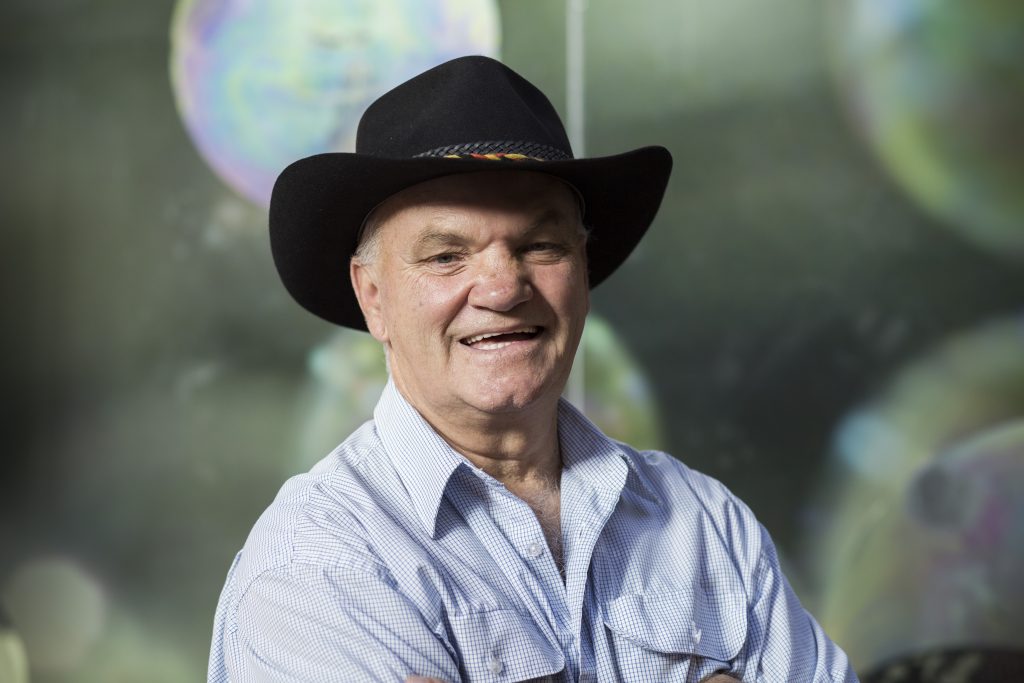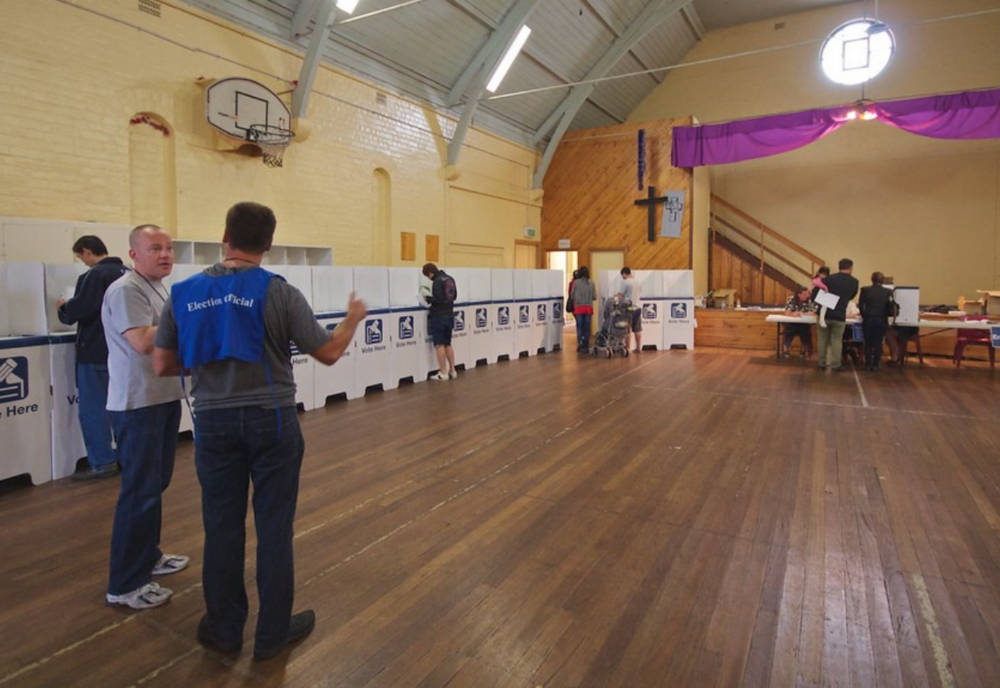How can you vote if you can't read?
River McCrossen
18 August 2024, 9:20 PM
 Literary For Life Campaign Project Manager Gail Turnbull
Literary For Life Campaign Project Manager Gail TurnbullNot filling out the ballot paper can be a deliberate act, even a political statement.
But local adult literacy teacher Gail Turnbull says there might be another reason the paper comes back blank - the voter couldn't read it.
"Just turning up to a polling booth is very daunting, let alone knowing how to fill it out," she said.
It's unknown how many invalid votes are due to low literacy, although the Literacy For Life Foundation estimate at least 40 per cent of Aboriginal adults in the western plains have low literacy.
Studies for adult literacy levels in Australia over the last 20 years use different methodologies and definitions, so it is difficult to find comparable statistics between Indigenous and non-Indigenous Australians.
However, levels are generally considered lower among Indigenous people.
A UNSW household survey of 1177 Indigenous Australians who self-reported their literacy levels, published in 2021, also found 68 per cent of them had "low or very low" literary.
Three per cent reported no literacy at all.

Jack Beetson, Literacy for Life Foundation. Photo: Joy Lai, courtesy State Library NSW.
Literacy for Life Executive Director Jack Beetson, originally from Nyngan and Brewarrina, said low-literacy is blocking people from taking part in the election process.
"It prevents people from enrolling because they can't fill out the form, they can't read the form," Mr Beetson said.
"When you have very low literacy, like many in our (Indigenous) community do, you will also have very low comprehension of ideas and how important it might be to vote. So, literacy cuts into pretty much everything."
Voters can ask for help from election officials at the polling booth, although Mr Beetson says embarrassment may get in the way.
"If they even are brave enough to go in just so they avoid a fine, they quite often won't ask anyone to help because they're embarrassed at not being able to read and write," he said.
Voting in the NSW Local Government elections is compulsory for everyone on the electoral roll, with a $55 fine for failing to vote.
In the 2021 NSW local government elections, almost 85 per cent of around 4,860,000 eligible voters took part, with 5.5 per cent of votes recorded as invalid, or 'informal.'
"Any elector who needs help casting their vote can take a friend or relative with them, or can seek assistance from an election official at a polling place," the NSW Electoral Commission spokesperson said.
"Election officials can help mark ballot papers if requested, or put completed ballot papers into the ballot box.
"We provide an easy read guide and explainer animations to guide people through the process of voting both in person and postal voting."
The spokesperson said telephone-assisted voting is available to blind or vision-impaired people, although they confirmed it can't be used by people with low literacy.

Polling places can be intimidating for people with low literacy.
Gail said how-to-vote sessions and more Indigenous people manning polling booths could encourage low-literacy people to ask for help at the booth and fill out the ballot.
Mr Beetson also said a fine exemption for Indigenous people may also increase participation.
"For a lot of people, I know that their biggest fear is forgetting about it and getting fined, and when you've got people with a very small amount of disposable income that actually becomes the other consideration.
"So, it might be in order to get Aboriginal people to want to vote is to remove that threat of 'if you forget, you're going to get a fine.
"You've got to take all this stuff into context with some of the ailments some of our communities are suffering. Places like Wilcannia, the average life expectancy of an Aboriginal man is 38.
"Those things could prevent them from coming and voting."
Western Plains App
What's what out west!



